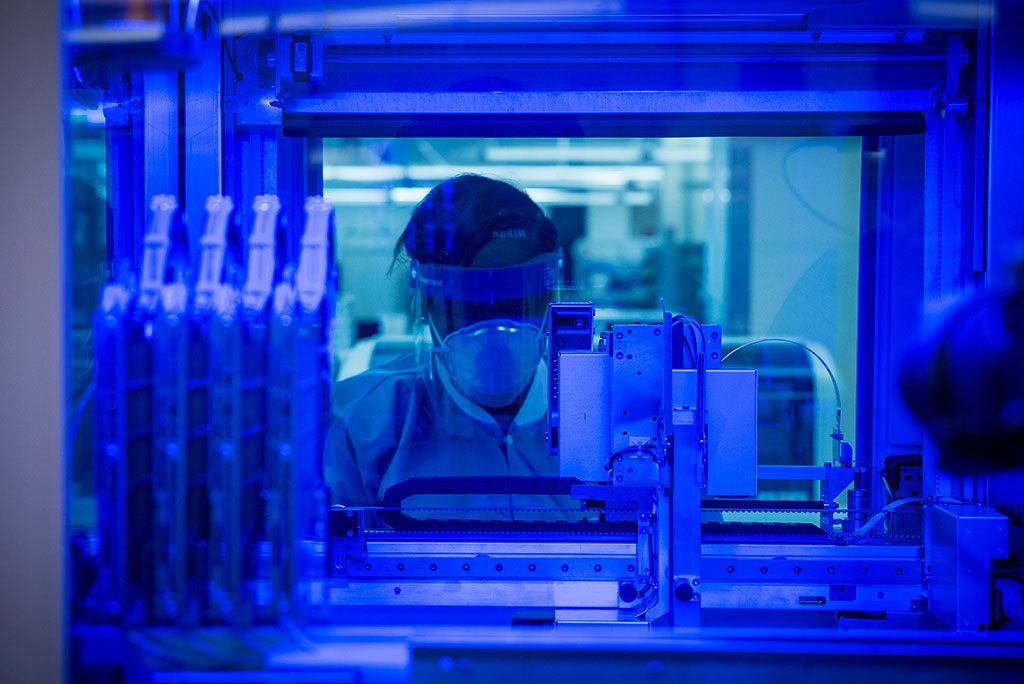Antibody assays are most useful for identifying individuals who have been previously exposed to a particular pathogen. As such, they can be especially valuable, for example, for identification of persons who have had asymptomatic viral infections and for those who have recovered and would no longer be positive in tests for viral nucleic acids. Antibody tests in the context of the current SARS-CoV-2 pandemic are also critical for serosurveillance, for identification of donors for COVID-19 convalescent plasma therapy, and to identify individuals who are potentially immune to reinfection, though this has not yet been established. Antibody assays thus fill an essential gap both during and after the current SARS-CoV-2 pandemic.
Researchers in this study utilized a Luminex binding assay to assess the presence of antibodies in human sera from COVID-19-infected and -uninfected individuals specific for two recombinant proteins of SARS-CoV-2. The Ab assay described here can be prepared in bulk and used for at least 4 weeks, simplifying the work load and logistics in the laboratory.
All patient specimens reacted strongly with SARS-CoV-2 antigens although reactivity with the mSpike was generally stronger than with mRBD.
Further study is needed to ascertain how and whether disease severity affects the level and type of Abs induced. However, it is notable that the level of Abs increased over a period of a few days in each of the two patients from whom researchers had longitudinal specimens.
Antibody assays of sera can identify individuals who are infected with SARS-CoV-2 and have seroconverted, as well as subjects who have been infected and recovered. The use of the Luminex binding Ab assay has the advantage that it can be run in approximately 2.5 hours, uses very little antigen, and permits a high through-put of samples/day.
Support for these studies came from the Microbiology Laboratory Clinical Services at the Mount Sinai Health System and the Mount Sinai Health System Translational Science Hub (NIH grant U54TR001433); the Personalized Virology Initiative, directed by Dr. Viviana Simon, is supported by institutional funds and philanthropic donations, the Department of Medicine of the Icahn School of Medicine at Mount Sinai Department of Medicine (SZP), the NIAID Centers of Excellence for Influenza Research and Surveillance (CEIRS) contract HHSN272201400008C (VS, FK), the Department of Veterans Affairs (Merit Review Grant I01BX003860 [CEH, SZP, SW] and Research Career Scientist award 1IK6BX004607 [CEH]), the U.S. National Institute of Allergy and Infectious Diseases Investigator Initiated grant (AI139290 [CEH, SZP]) and NIAID grant R01 AI136916 (VS).
A High Through-put Assay for Circulating Antibodies Directed against the S Protein of Severe Acute Respiratory Syndrome Corona virus 2 (SARS-CoV-2). The Journal of Infectious Diseases, 29 August 2020.
This article was updated to reflect the link to the peer-reviewed paper and remove the pre-print study link from MedRxiv dated April 2020.


